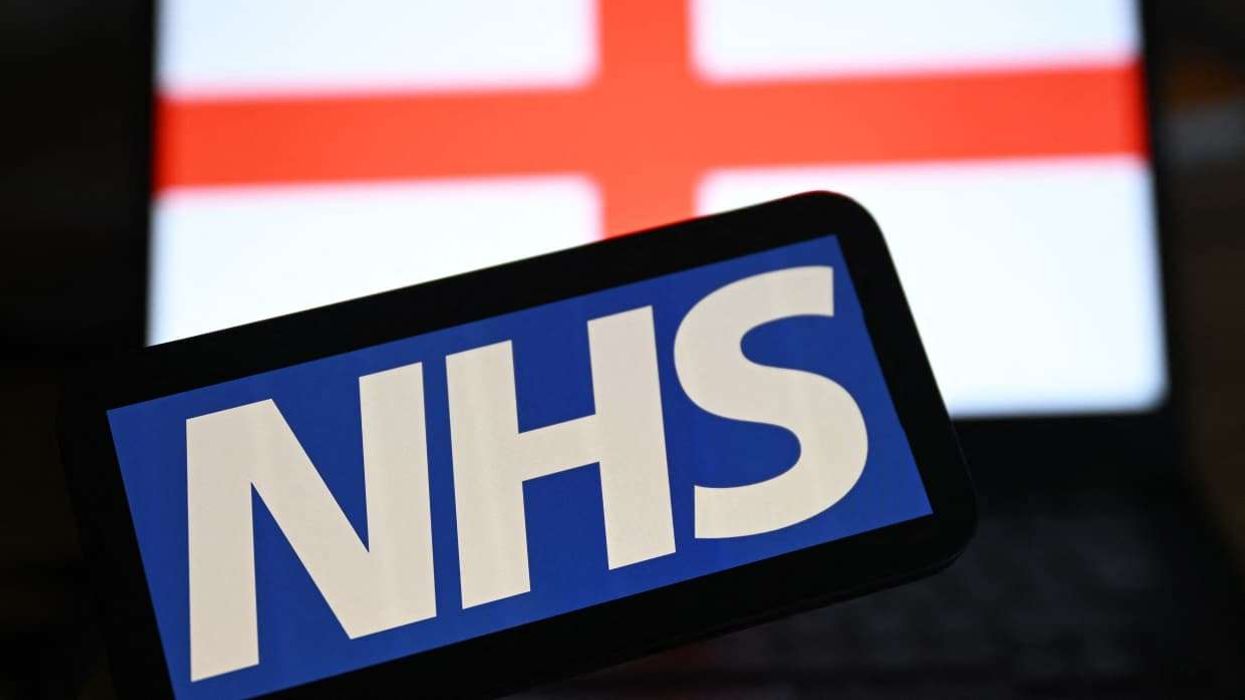TORIES have pledged to toughen sentences for murderers, aiming for a significant overhaul in homicide laws.
This move comes following cases like the Nottingham killings, where Valdo Calocane received an indefinite hospital order rather than a prison sentence for fatally stabbing three people, The Times reported.
The proposed changes include increasing the minimum sentence for murders in the home from 15 to 25 years and considering US-style classifications for first and second-degree murder. These changes aim to address what's perceived as an "injustice" in cases like Calocane's, where he was charged with murder but pleaded guilty to manslaughter due to diminished responsibility.
Prime minister Rishi Sunak, personally moved by meeting victims' families, stressed the need for fair punishment corresponding to the severity of the crime. The manifesto promises a thorough review of current laws, aiming to close loopholes and ensure appropriate sentencing for offenders.
Under the proposed revisions, first-degree murder would apply strictly to intentional killings, carrying an automatic life sentence. Second-degree murder would encompass cases where serious injury was intended or when there's a partial defence. Sentencing would be at the judge's discretion, considering various factors of the crime and the individuals involved.
Justice secretary Alex Chalk, advocating for these changes, cited the Calocane case as a crucial example prompting the need for legal reforms.
Nottingham killings, Calocane, 32, initially denied three murder charges but later admitted to manslaughter due to diminished responsibility. After psychiatrists confirmed he had been suffering a 'severe psychotic episode', the judge decided on an indefinite hospital order instead of imprisonment.
With proposed changes, offenders like Calocane would face second-degree murder charges, with judges retaining the option to issue hospital orders. However, discussions will explore the possibility of mandating hybrid sentences, where offenders transition to prison upon recovery. Currently, judges decide between hospital or hybrid orders at their discretion.
These revisions echo recommendations made by the Law Commission in 2006, stressing the need for second-degree murder charges in cases involving diminished responsibility. Campaign groups supporting victims' families strongly endorse these changes.
A recent investigation into the Crown Prosecution Service's handling of the Calocane case highlighted that implementing the Law Commission's suggestions would have categorised his crime as murder, albeit second-degree.
A senior Tory source expressed concern over the sentence received by Calocane, saying that it failed to deliver the deserved punishment. Consequently, there's a commitment to review homicide sentencing to ensure the public's confidence in the justice system.
Labour’s shadow justice secretary, Shabana Mahmood, criticised the timing of the proposed reform, describing it as a cynical attempt by the Tories to appear tough. She raised questions about the handling of the prisons crisis and the release of high-risk offenders.
Dr Sanjoy Kumar, father of one of Calocane's victims, pointed out the significance of treating such cases as second-degree murder rather than relying on diminished responsibility. Emma Webber, another bereaved parent, stressed the urgency of addressing the issue regardless of political affiliations, highlighting the perceived ease of opting for diminished responsibility in such cases.
In the proposed manifesto, Tories pledge a comprehensive review of all homicide laws and commit to raising the minimum sentence for domestic murderers. This move aims to address sentencing disparities, especially in cases of domestic violence, which account for a significant proportion of homicides.













